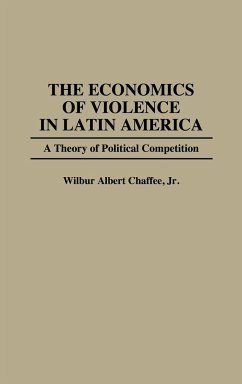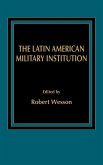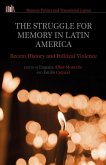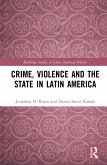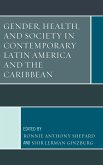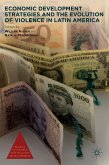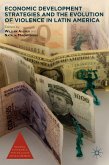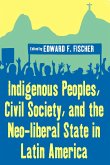This study, for the first time, uses modern political economic theory (public choice theory, public goods theory, and game theory) to create a theoretical framework for comparative political analysis. This framework, which includes the nonindustrial world, treats both violence and democratic processes as normal methods of political competition. Deductive in nature, the theory redefines political variables according to their economic counterparts. Chaffee applies microeconomic theory to generate hypotheses and conclusions, using examples from Latin America to illustrate the efficacy of the framework. The Economics of Violence in Latin America will interest political scientists, economists, and policy-makers, especially those concerned with democratic theory and practice in the nonindustrialized world.
Hinweis: Dieser Artikel kann nur an eine deutsche Lieferadresse ausgeliefert werden.
Hinweis: Dieser Artikel kann nur an eine deutsche Lieferadresse ausgeliefert werden.

